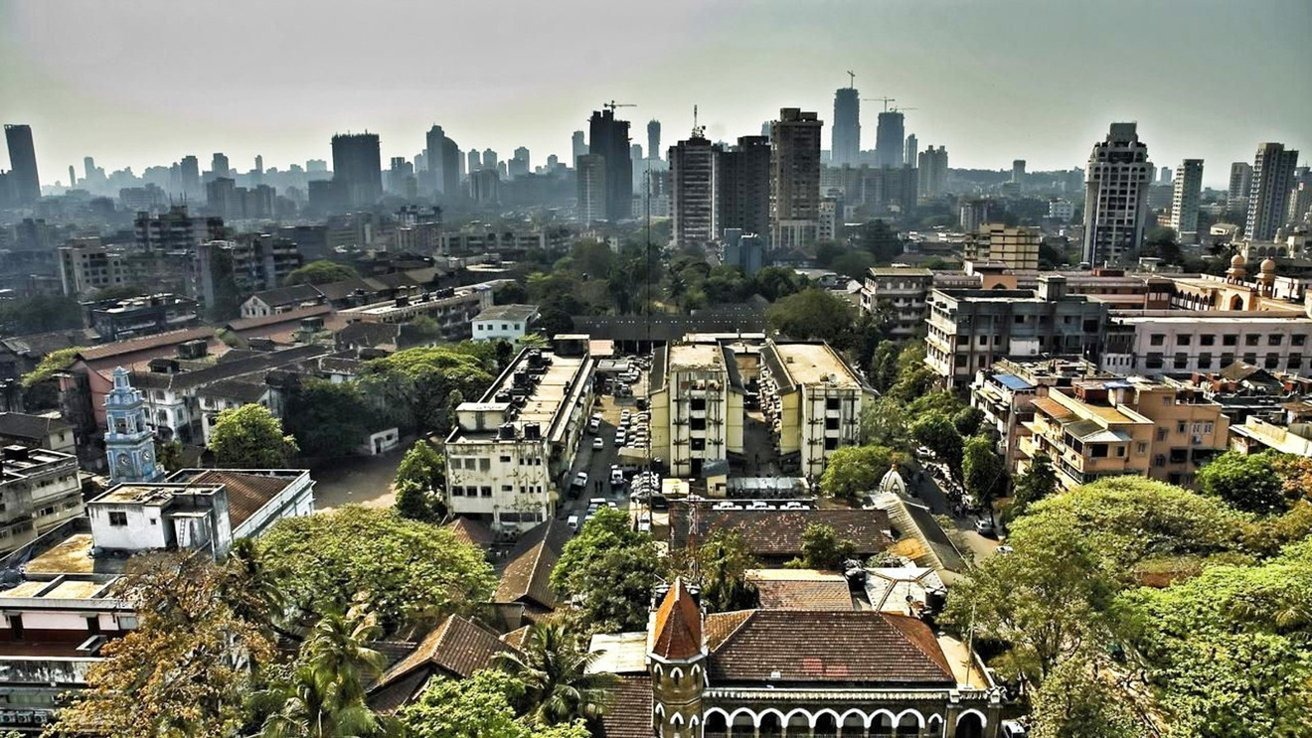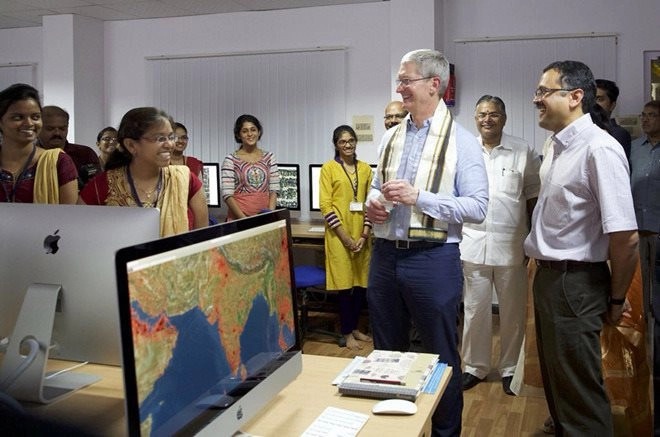Apple faces low productivity in India: 50% of components are returned as substandard
- Tram Ho
Apple is diversifying its supply chain into many countries. This is to change away from dependence on China after years of influence from the pandemic as well as US-China trade tensions. This initiative promises to help Apple find more stability in the production of iPhones and other products.
And India, the country from South Asia is more determined than ever to become the new iPhone production hub outside of China. The President of the Indian Electronics and Mobile Association (ICEA) Pankaj Mohindroo recently stated that absolutely must not miss this “golden opportunity”, like how the Indians have completely missed out on manufacturing activities. Samsung’s smartphone into Vietnamese hands before.
However, the process of shifting production lines from China to India is proving to be a big challenge. The reality is that the difficulties are far greater than initially thought, as problems with productivity and enthusiasm are said to have hindered this plan.
Productivity is too low

According to a new report from the Financial Times , Apple has sent designers and product engineers to factories in India. Four sources familiar with these operations said they were tasked with training workers and setting up production lines.
This approach echoes the strategy it set out in China two decades ago, where engineers and designers would spend weeks or months at factories overseeing the manufacturing process.
And although Apple has been manufacturing low-end iPhones in India since 2017, it was only from September last year that Indian suppliers started getting involved in building top-of-the-line iPhone models. But the results show that not all is smooth sailing.
For example, at an iPhone case factory in Hosur run by India’s Tata Group, one of Apple’s suppliers, only one out of every two components leaves the production line. Good enough condition to finally be sent to Foxconn.
Given that Apple wants to reduce errors as close to zero as possible, this 50% ratio is clearly unacceptable. Two people who have worked in Apple’s overseas operations said the factory is planning to raise the level of human resources. But this process can take a lot of time and effort.
Management habits lack of urgency

Another part of the problem is the urgency in completing the assigned tasks. In China, government officials and suppliers seem willing to do “anything” to get Apple’s attention and investment.
This high level of commitment is exemplified by former Apple employees describing how many specific tasks, often estimated to take weeks to process, were completed in just one day, at a rate that they can’t imagine.
Meanwhile, operations in India do not operate at such speed. As a former Apple engineer described the problem, “They don’t have a sense of urgency.”
This has been further illustrated by research from consulting firm Venture Outsource. In a study of the business environment conducted five years ago, Indian manufacturers often claimed that they “can meet all needs”, alongside promises to secure orders.
But in practice, manufacturers will be “slow to respond to customer concerns once the deal is signed” or will be “inflexible” when it comes to making changes.
An accompanying illustration is that Apple engineers are also sometimes housed in city-center hotels in Chennai, the capital of the southern Indian state of Tamil Nadu, a short distance from the factory where they work. two hours of travel. This requires those people to spend up to four hours commuting daily, with Wi-Fi connections sometimes being quite poor along the route, making it impossible for them to work online.
Of course, Apple itself is also the cause of some problems in shifting production lines. In August 2022, a report pointed out that Apple’s culture of secrecy had caused many conflicts with Indian manufacturers. Mostly because the US company requires strict security procedures and efforts to minimize information leaks.

Vivek Wadhwa, an Indian-American businessman and academic who lives and works in Silicon Valley, said the country’s provinces are trying their best to bring in industrial investors and they will likely do the same. what the Chinese did.
In a Financial Times report, Wadhwa also forecast that Apple will likely stand firm and expand in three years in the country. But that will only work if American companies learn to “make it right” with what they have, “because everything here is an obstacle.”
Despite the difficulties, Apple’s recent job ads also make it clear that it has big ambitions in a country that is on track to overtake China as the world’s most populous country this year.
“India” was also mentioned 15 times in Apple’s earnings report earlier this month. CEO Tim Cook said he was “very optimistic about India”. He called the market ” extremely interesting” and a “main focus” , and confirmed his plans to open the first Apple Stores in the country soon.
Refer to Apple Insider, Financial Times
Source : Genk
